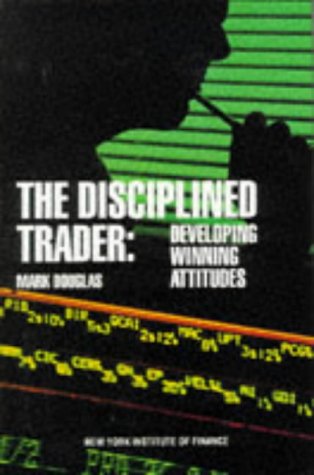Risk Savvy
A fascinating, practical guide to making better decisions with our money, health and personal lives from Gerd Gigerenzer, the author of Reckoning with Risk.Risk-taking is essential for innovation, fun, and the courage to face the uncertainties in life. Yet for many important decisions, we’re often presented with statistics and probabilities that we don’t really understand and we inevitably rely on experts in the relevant fields – policy makers, financial advisors, doctors – to analyse and choose for us. But what if they don’t quite understand the way the information is presented either?How do we make sure we’re asking doctors the right […]





